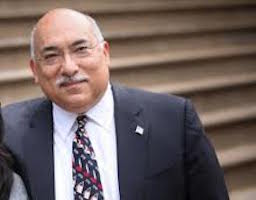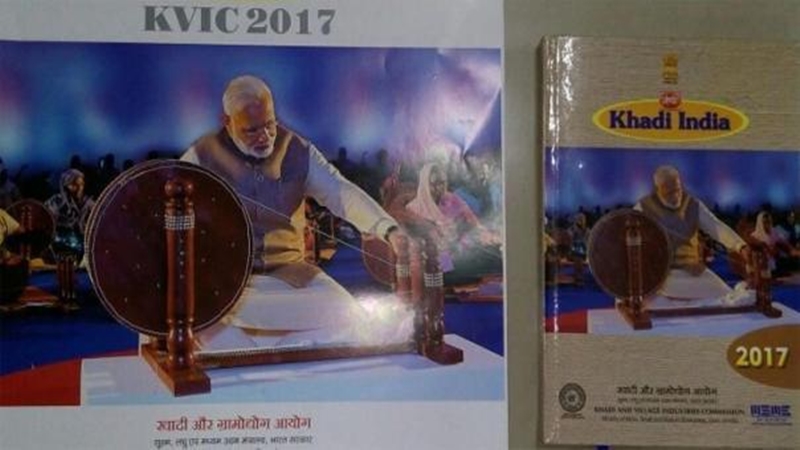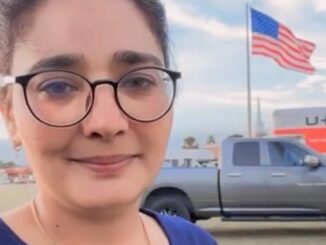
There has been a spate of mixed reactions from the NRIS living in America after India‘s Prime Minister Narendra Modi has imposed nation-wide ban on existing Rs. 500 and Rs. 1000 notes in a move to eradicate the consequences of illegal black money transactions. While some welcomed the move and some criticized, NRIs showed more concern about how to exchange their old currency notes.
Many Indians living in USA and holding Indian currency notes of Rs 500 and Rs 1,000 were confused, as they had no idea about what to do. Rajeev B, a New Yorker who just returned from India on Nov 6, is not sure what he will do with his 15,000 cash in Rs 500 denomination. “I did some web research and found out that those holding old currency but living abroad will have to come to India within the next six months and get it deposited in banks or get it exchanged. They can get it exchanged till March from the Reserve Bank. It’s not possible for me to go back so soon. I have to send the old currency notes through his friend who is planning to visit India next month.”
According to the Reserve Bank of India, Non-Resident Indians (NRIs) have the option of depositing the Indian notes in their non-resident ordinary rupee account (NRO) while Indian tourists can purchase foreign exchange equivalent to Rs 5,000 at airport exchange counters within 72 hours of the notification. However, several foreign exchange centers have declined to exchange the old denomination notes in USA.
Many rushed to money exchange traders and banks to convert their currency soon after the announcement but their attempts were futile. “I went to HSBC Bank and J P Morgan, and both refused to exchange money. Since there is no way to exchange Rs 500 and 1000 notes at the moment, only possible way is to physically send them to India with someone,” said Diya Datta, a student of NYU.
Nina Saha a resident of New Jersey went to SBI New York City branch to exchange Rs 20,000 in Rs 500 and Rs 1,000 denomination notes. ‘I was told by the officials that their branches in overseas locations are not authorized to exchange demonetized Indian currency as per the licenses issued to them by local regulators/RBI.
Regarding eradication of black money from the subcontinent, some people feel Modi’s move won’t do much good. K Sen, a banker in NYC said, “Big honchos don’t keep their black money in notes. It’s all in either Swiss bank or in form of properties in India in real estates or other. This move will only hit small time black money holders. Nothing will change much.”
Renowned Indian American attorney Ravi Batra feels that if such step reduces or eliminates corruption to any extent in any country, that too is a worthy goal. “I do not interfere in the internal affairs of other countries. So, speaking generally, and not specifically about India, I share with you my views”, he told Indian Panorama. “Eliminating an underground economy is a worthy goal of every government, not only because the tax collection goes up and the tax burden is fairly spread across the population, but also because it unleashes the growth potential of the invisible underground economy upon becoming visible and part of the nation’s economy. After all, money deposited in the bank can be used by the bank to lend it out, with the normal multiplier, to many more people who need money and wish to borrow it. To the extent that it reduces or eliminates corruption in any country, that too is a worthy goal. Finally, like every policy of every government in every nation, the success of the policy will depend upon the means and methods of effectuating same”, said Ravi.





Be the first to comment